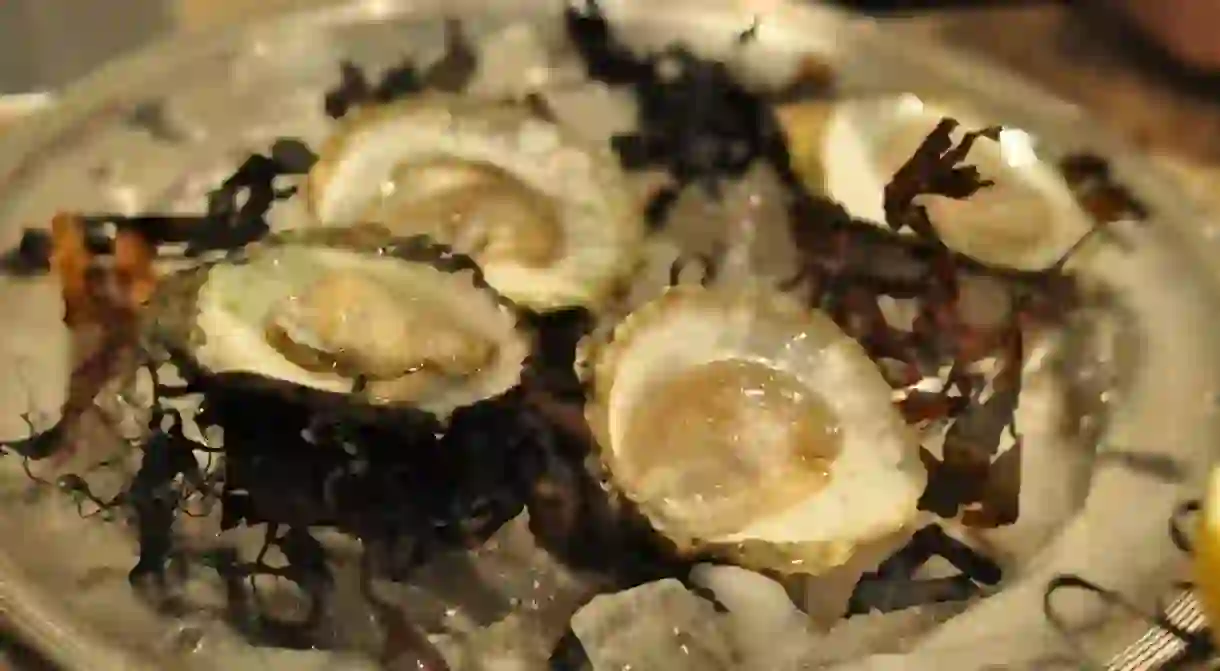11 Hilarious English Translations Of French Idioms

The wonderful world of French idioms can be surprising and sometimes strange. From expressions like ‘to put a rabbit to someone’, ‘to have the cockroach’ and ‘to give one’s tongue to the cat’, here are 11 of the most hilariously obscure idioms translated into English.
Avoir un QI d’huître
As glamourous as flaunting their precious pearls may be, to have the IQ of an oyster is somewhat less flattering. This idiom is an informal way of saying someone is not the brightest crayon in the box.

Avoir un poil dans la main
This phrase means to be lazy and to avoid work. Like coach potatoes who dodge any form of effort, this expression speaks to having a hair in the hand, perhaps because holding a hair is useless when a person could be doing something productive like working with tools.
Poserun lapin à quelqu’un
Ever had a date who didn’t show up? If this happens, use the phrase ‘Poser un lapin à quelqu’un’. Literally, it means ‘to put a rabbit to someone’ and means to stand somebody up.

Avoir le cafard
This phrase translates literally as ‘to have the cockroach’ and means to have the blues or to be down in the dumps. However, the cockroach symbolism remains a mystery.
Manger sur le pouce
People will often see this phrase on bistrot menus advertising snacks, as it means to grab a bite to eat or to eat on the run. Literally, it translates as ‘to eat on the thumb’.
Donner sa langue au chat
When faced with answering a seemingly impossible question and the only way out is to give up, then use this phrase. It means ‘to give one’s tongue to the cat’, as though there’s nothing at all that can create a response.
Avoir un chat dans le gorge
This phrase means to have a tickle in one’s throat or a scratchy or uneven voice. It’s the French version of ‘I have a frog in my throat’, and arguably makes more sense since it speaks of a cat’s fur that is tickly to the touch.

Casser du sucre sur le dos de quelqu’un
The phrase ‘casser du sucre sur le dos de quelqu’un’ means to gossip about someone behind their back. The image it gives is the act of breaking sugar on someone from behind, no doubt sprinkling them with sweet niceties while spreading sour rumours.
Avoir le melon
To be big-headed means to have a great opinion of oneself or to be sure of oneself. Theoretically, this demands a lot of head space. The French phrase ‘avoir du melon’ works around this idea of someone ‘having a melon’, meaning they have a huge, arrogant melon-head.

Avoir la dalle
French people use this phrase all the time and it means, word for word, to have the slab. Nowadays ‘la dalle’ mostly means ‘the slab’, but it can also be used to designate a part of the throat, which is why it’s widely used as an idiom for when someone is very hungry.
Avoir la gueule de bois
This quirky idiom can be translated as to have the wooden face, meaning someone has a hangover. Those who have had too much alcohol can understand where the expression ‘waking up with a mouth dry like wood’ comes from.
Save













